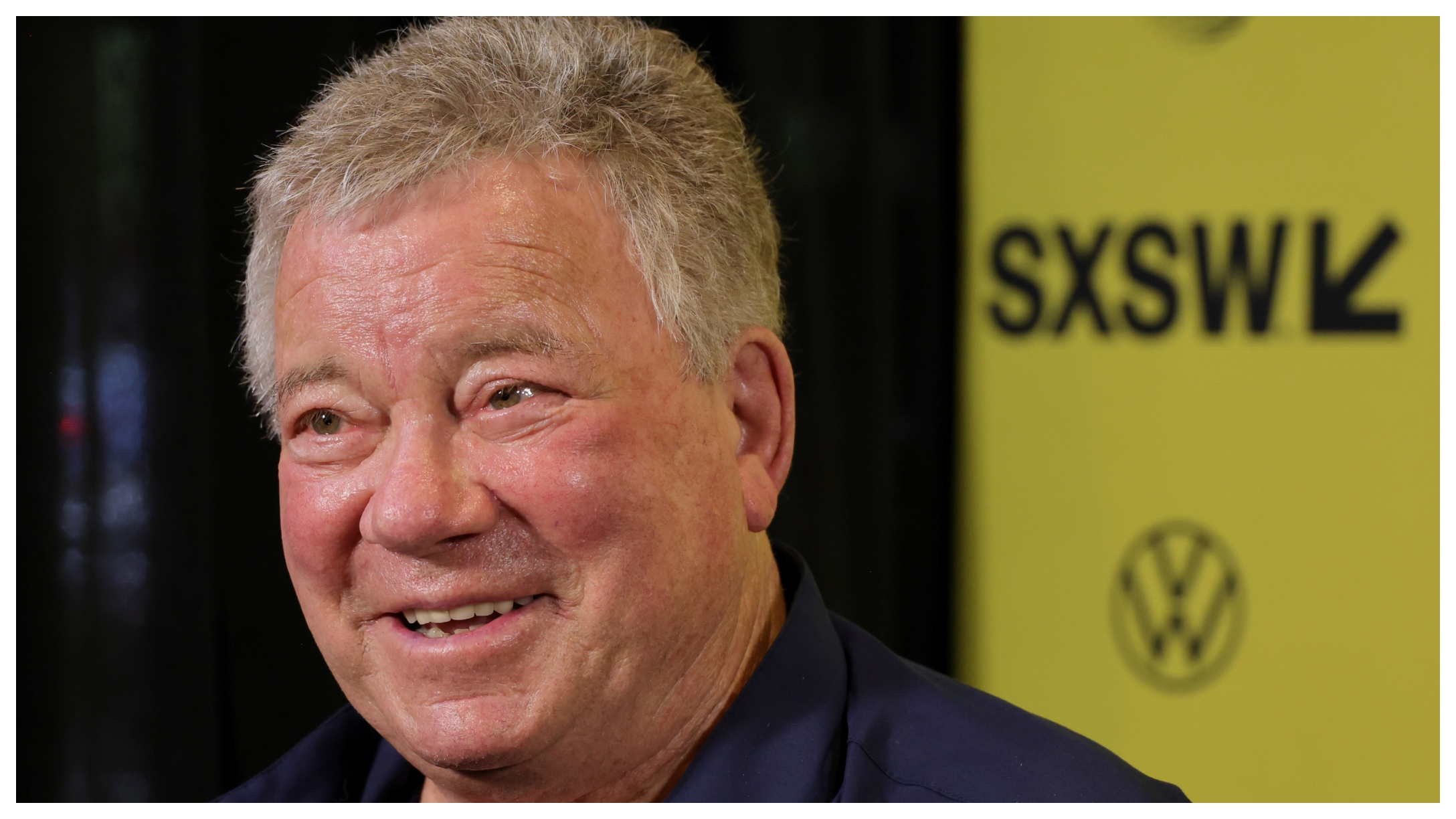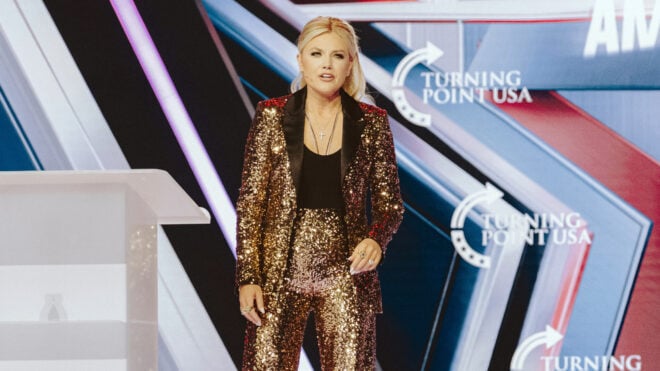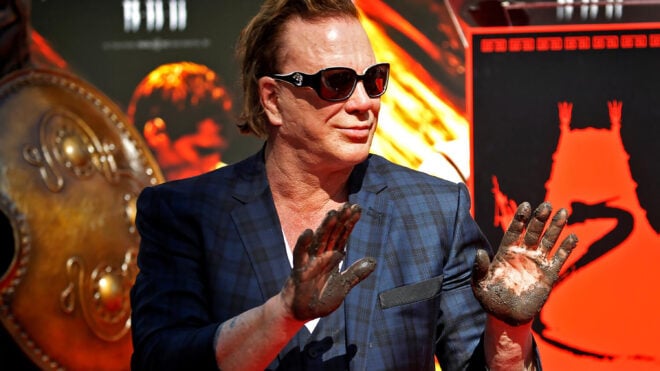
As people near the end of their life, it is natural to become introspective. What do you do with all the knowledge you have acquired during your lifetime? When you pass, where does it go? One way to go is to make a movie about it.
Actor William Shatner contemplates all these questions and more in his new documentary film, You Can Call Me Bill, which recently premiered at the SXSW Film & TV Festival. He talked all things legacy, about his most famous role as Captain Kirk, and why he missed Leonard Nimoy’s funeral.
William had been approached by many people to make a movie of his life before he finally decided it was time. He said yes to Swiss film director Alexandre O. Philippe. The result is “a series of beautiful TED Talks or college philosophy lectures” and not “a true homage to the star,” according to Collider.
William explained why he finally decided to do the film. “I’ve turned down a lot of offers to do documentaries before. But I don’t have long to live,” he told Variety.
More from LittleThings: Leonard Nimoy, You Will Be Sorely Missed
“Whether I keel over as I’m speaking to you or 10 years from now, my time is limited, so that’s very much a factor. I’ve got grandchildren. This documentary is a way of reaching out after I die,” he mused.
The film describes itself as “an intimate portrait of William Shatner's personal journey over nine decades on this Earth.” It promises to strip “away all the masks he has worn to embody countless characters, and reveals the man behind it all.” This was exactly what William wanted.
Lately, he has been contemplating his own morality. “Today, there’s a person going through some of my clothes in order to donate or sell them, because what am I going to do with all these suits that I’ve got,” he said.
“What am I going to do with all these thoughts?” he went on to ponder. “What am I going to do with 90 years of observations? The moths of extinction will eat my brain as they will my clothing and it will all disappear. The sad thing is that the older a person gets, the wiser they become and then they die with all that knowledge. And it’s gone. It’s not like I’m going to take my ideas or my clothing with me.”
William does not believe in legacies but instead chooses to focus on good works while he still has time. “People ask about a legacy. There’s no legacy. Statues are torn down. Graveyards are ransacked. Headstones are knocked over. No one remembers anyone. Who remembers Danny Kaye or Cary Grant? They were great stars. But they’re gone and no one cares,” he explained.
This is why he chose not to go to his friend Leonard Nimoy’s funeral. It is a decision he faced backlash for but does not regret. “When Leonard Nimoy died a few years ago, his funeral was on a Sunday. His death was very sudden, and I had obligated myself to go to Mar-a-Lago for a Red Cross fundraiser. I was one of the celebrities raising money. I chose to keep my promise and go to Mar-a-Lago instead of the funeral. I know what I did was right,” he concluded.
William is a father to three daughters from his first marriage to Gloria Rand. His daughters made him a grandpa of five. Family is important to William, and his daughters say he was very hands-on.
"He would do whatever it took to get home to see us, even if it meant driving all night. I think that illustrates what a wonderful, committed father he was and is,” said his daughter Melanie to Senior Voice Alaska. That could be his most important legacy, even if he does not believe in them.




